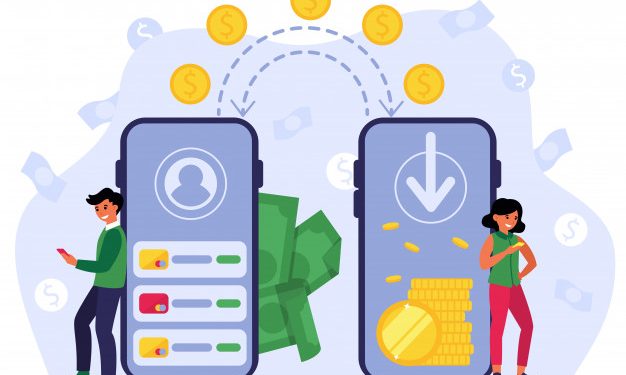The American Bankers Association released a letter to the Consumer Financial Protection Bureau. In it they underscore their belief that regulations on peer-to-peer (P2P) payments would provide negative results for consumers. They also indicate that it would not significantly impact overall fraud within P2P payments use. The ABA’s announcement provides additional information on their viewpoint:
“ABA and two community bankers attended a listening session with CFPB staff on Sept. 29. The letter reiterated and supplemented points made in the listening session to explain some of the scams banks and their customers are experiencing, steps banks take to prevent scams and other fraud, and the significant banking industry efforts to educate customers about how to avoid being a victim of fraud. In addition, it highlighted ABA members’ concern about the implications and unintended consequences if liability for payments that consumers authorize—but later claim were part of a scam—is shifted to banks.”
P2P Payments – A Cash Alternative
The ABA letter underscores the greatest benefit and issues with P2P payments. It is essentially a cash alternative and less analogous to credit and debit products. Of course, because of the digital connection to bank accounts the education piece becomes critical for financial institutions. It ensures the proper use by its consumers. As I noted in my recent “U.S. 2022 Person-to-Person (P2P) Payments Market Update” report and as the ABVA writes, consumer education is the linchpin to FIs efforts to combat fraud within the P2P ecosystem. P2P providers currently offer a myriad of options. These options serve to educate consumers about the risks involved in sending money through their service. Or, the options provide limits to the amount of money that can be accessed unless a consumer verifies their account. Verification generally requires providing information such as full name, mailing address, date of birth, and the last four digits of the user’s Social Security number.
Fraud for P2P Payments Transactions
The ABA also notes that incidents of fraud in P2P transactions remain very low. This exemplifies that in the past 5 years of Zelle transactions reports of fraud represent less than 1% of total transactions. When these limited fraud transactions are brought to their attention, the ability of the FI to take action can be limited:
“It also noted that banks also have limited insight or opportunity to intervene in consumers’ payment decisions, the association said. ‘Indeed, consumers are in the best position to know the reasons they are sending money, the circumstances of the payment, and who the recipient is.’”
The ABA point of not having better clarity into the transaction is a critical message in their limited ability to rectify potentially fraudulent activity. Credit and debit transactions have much greater detail. This is for both the card of the consumer and the type and location of the merchant. P2P transactions can be fairly anonymous and have no underlying transactional detail. Creating processes to combat them would likely strip P2P services of the main value proposition of a free, simple and instant way to send money electronically between people.
Overview by Jordan Hirschfield, Director of the Prepaid Advisory Service at Mercator Advisory Group.








